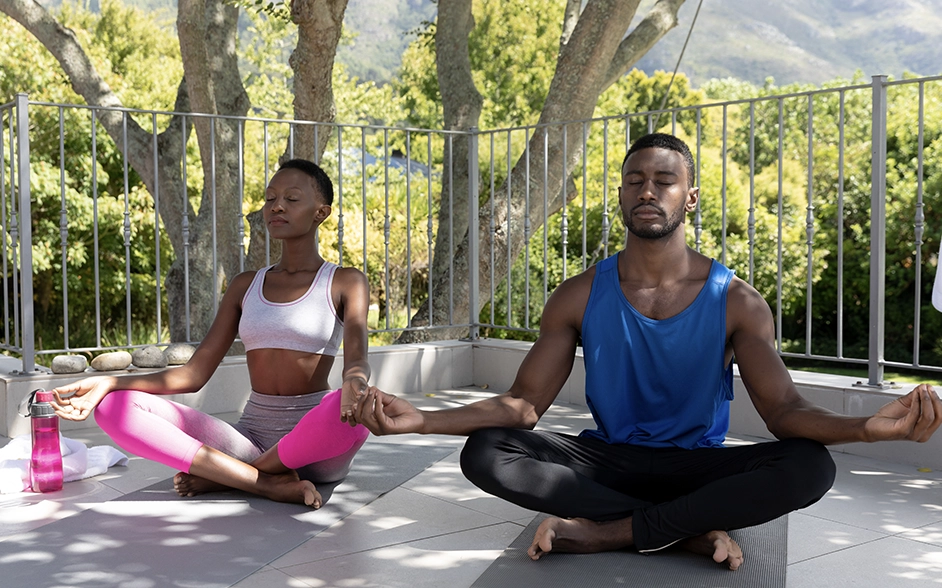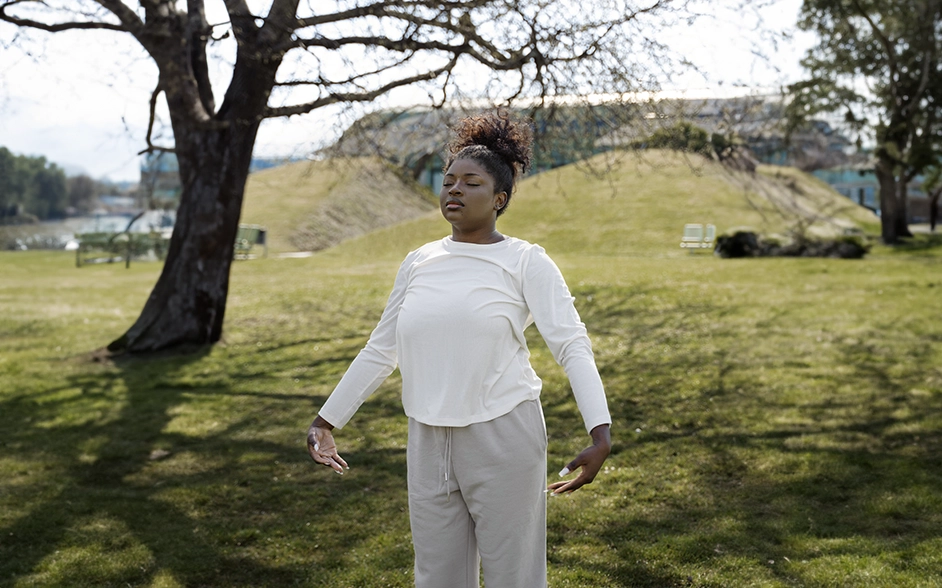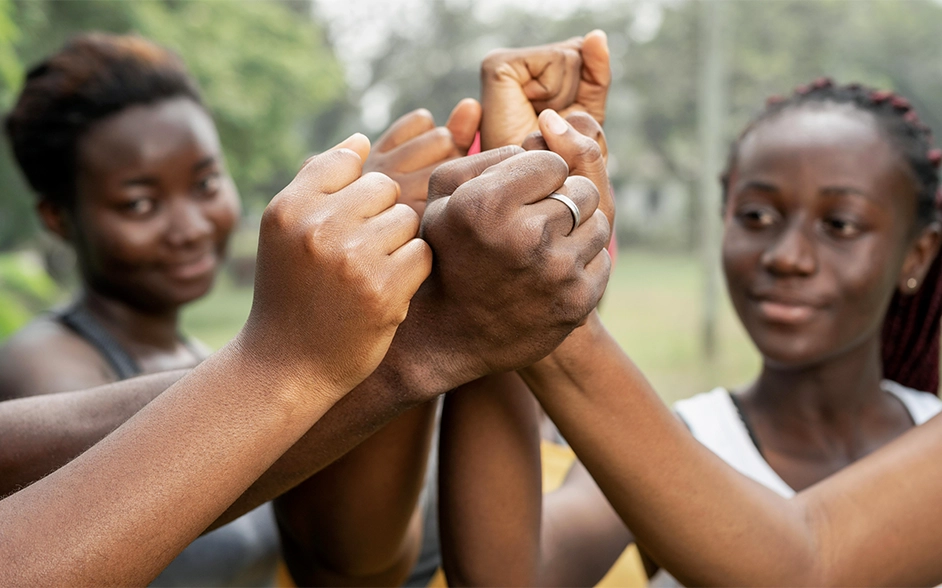- Mumbai, New Delhi, Bangalore
- (+91) 81518 30000
- WhatsApp Now
- contact@vedawellnessworld.com
In Africa’s growing recovery community, the need for lifestyle shifts beyond rehab is stronger than ever. This blog takes you through a day in the life at a holistic rehab center, busts myths around what recovery spaces really look and feel like, and highlights the growing ecosystem of sober social events in Africa, support groups in Nairobi, and alcohol-free circles in Cape Town. It is not just about quitting alcohol; it is about creating a life you do not need to escape from.
6:30 AM – Sunrise, Silence and a Shift in Identity
The alarm goes off, not the usual buzzing dread of a Monday morning, but a soft chime echoing through the garden. In a rehab center nestled in the outskirts of Nairobi, the day begins with stillness. A group of six residents, each carrying their story of addiction, gathers in the open courtyard for guided breathwork.
No one is yelling here. No one is judging.
The only sound is breath. The only goal is healing.
And for people who have battled shame, guilt, and cycles of relapse, this simple act of waking up sober, together, feels like a quiet miracle.
8:00 AM – Tea, Truths & Therapy
After a light herbal breakfast, residents move into group therapy. This is the heartbeat of the day. Today’s topic: “Triggers & Avoidance.”
The therapist asks, “What is one place you avoid because it makes you crave a drink?”
James, a 42-year-old former club promoter, says: “My cousin’s wedding. I RSVP’d no. Because it is never just one glass, you know?”
Group nods. Not in pity but in solidarity.
This is where support groups in Nairobi are starting to shine. Whether in-person or virtual, these safe spaces allow people to unpack real triggers-weddings, payday, loneliness and learn how to manage them.

11:00 AM – Learning New Tools for Real Life
At this rehab, healing is not limited to yoga and therapy. Residents also learn how to rebuild structure, budgeting, goal setting, even communication skills. Rehab is not about being rescued. It is about being re-equipped.
Workshops also introduce residents to alcohol-free social spaces in Africa from Cape Town’s booming sober cafes to Nairobi’s community hikes. Because recovery is not about avoiding life, it is about redesigning it.
1:00 PM – The Myth of Misery and the Joy of a Shared Meal
Let’s bust a big myth: rehab is not some sad, isolated place.
Lunch here is vibrant, colourful food, laughter, and conversations about everything from football to favourite books. People talk about dreams they thought were lost. They are rediscovering joy without needing a drink to feel it.
That is the magic of alcohol-free social spaces in Cape Town and other African cities. These spaces are proof that fun does not have to include intoxication. It can be honest. It can be loud. It can be yours.
3:00 PM – Art Therapy: Where the Pain Meets the Paint
In a quiet studio, residents paint what anxiety feels like. One draws a red storm. Another sketches an empty chair at a dinner table.
These expressions matter. Because for many, addiction was not the problem. It was the solution to trauma, to rejection, to pain never voiced.
This is where the myth breaks: rehab is not a punishment.
It is a return to self.
6:00 PM – Sunset Reflection, Recovery, and Re-entry
Evenings are for slowing down. Journaling. Gratitude practice. Planning life after rehab.
This is when conversations get real.
How do I return to my old life but not my old habits?
How do I celebrate without alcohol?
Will my friends still invite me if I say “no” to drinks?
This is why post-rehab lifestyle change is crucial. Rehab is the spark but community is the oxygen. In Nairobi and other cities, support groups help keep that flame alive long after residents leave.

“Rehab is for people who’ve hit rock bottom.”
Reality: It is for anyone who wants a better life.
“People who don’t drink are boring.”
Reality: Some of the most vibrant social scenes today are sober.
“Support groups are for weak people.”
Reality: Asking for help is strength in action.
“Once you leave rehab, you are cured.”
Reality: Recovery is a lifestyle and not a finish line.
You do not need alcohol to have a social life anymore. Across Africa, sober spaces are blooming:
These are not second-best options. They are the future.
Quick Takeaways
Yes, Sober events include dance nights, creative workshops, group fitness, or just sober meet-ups. They are vibrant, connection-focused, and growing across African cities.
Organizations like NACADA and private wellness centers offer both in-person and virtual support groups tailored for recovering individuals and their families.
At first, yes. but with growing access to alcohol-free Cape Town venues and support groups in Nairobi, it becomes easier to build a sober-friendly network.
Holistic centers do not just focus on detox. They heal the whole person: body, mind, emotions, and community reintegration.
For most in recovery, the goal is not moderation, it is transformation. If alcohol was a problem once, staying away is often the safest choice long-term.
There is a life after addiction. A big, colourful, meaningful life.
Not filled with alcohol but with purpose. With people. With peace.
And whether your healing begins in a rehab center or a support group in Nairobi, the real work begins afterward in choosing new people, new places, and new habits that reflect your worth.
Because you are worth it.
Not just sober. But seen. Supported. And free.
